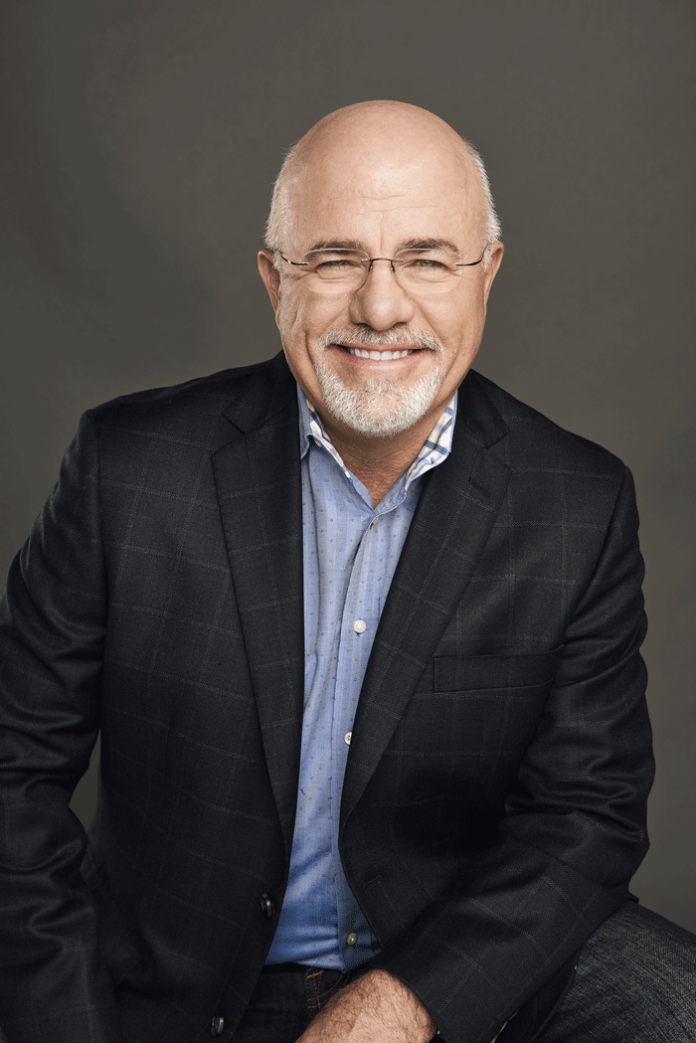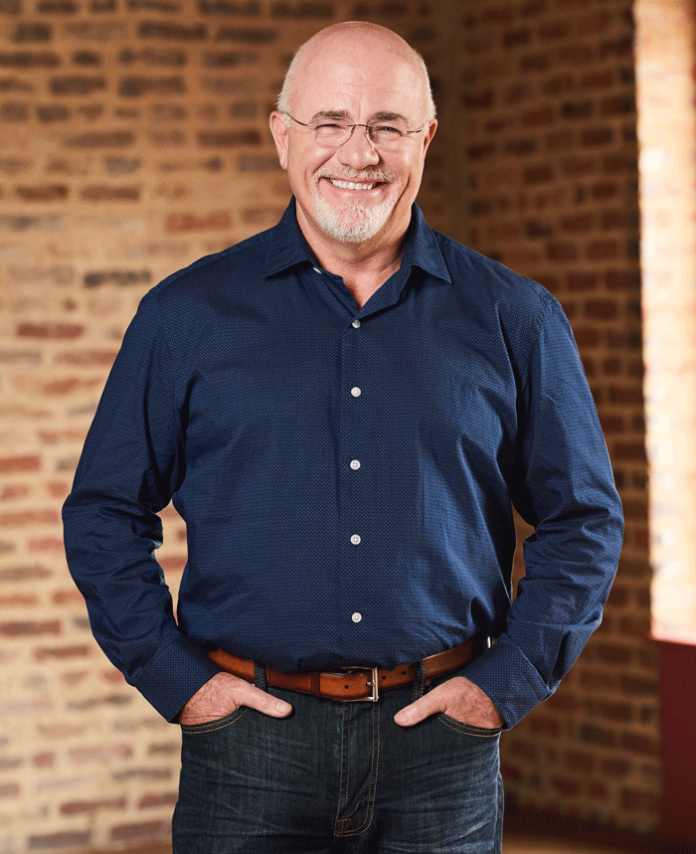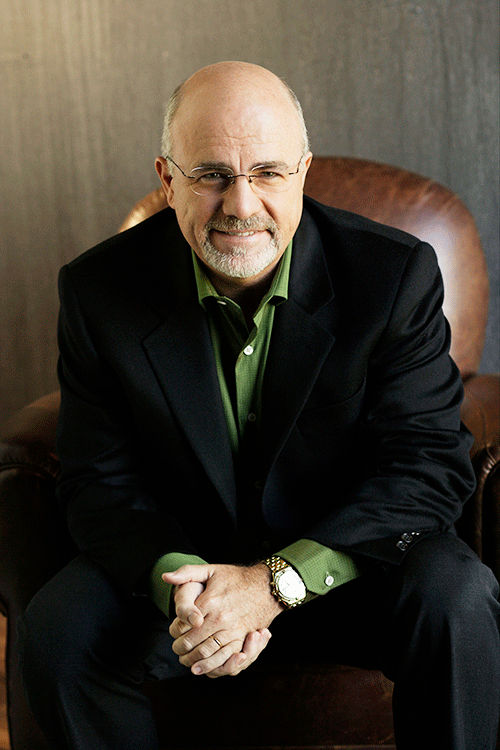Save up to get out of the rust bucket
Dear Dave,
I let my fiancée use my car to get back and forth to work, and it has a lot of miles on it and a few mechanical issues. The money we’ve put into the car to fix the issues is about the same or more than the car is actually worth. We just started your plan a couple of months ago, and we’ve almost got a beginner emergency fund saved up. We also have very little consumer debt to pay off. I’m afraid, though, if we get into a second $1,000 to $2,000 car, we’ll just experience the same kinds of issues and it will turn into another money pit. I bring home about $5,000 a month, and she works part-time and goes to school. How do you think we should handle things?
Thaddeus
Dear Thaddeus,
Well, if you’re serious about following the plan, you don’t really have a choice right now. But you’re bringing home a nice paycheck, man. You ought to be able to buy a better $1,500 to $2,000 car with cash in a month or so, just to give you some relief. Then, stick some money aside each month until spring and get something that’s a big step up in the $5,000 to $6,000 range.
Listen, I don’t want anyone driving around in a rust bucket longer than they have to. And it sounds like you really need to get up out of the junk. But if you do some research and buy wisely, you can get a good year or two out of a $1,500 car. The car may not look like much, but you’re not trying to catch a girl’s eye. You’ve already got a fiancée. If you find an old Honda or Toyota that’s still mechanically sound—and yes, they’re out there—it’ll get you by while you save up for something a lot better.
But remember, you and your fiancée don’t need to own anything together until you’re married. The kind of arrangement you have now can cause real problems. If you guys get married and combine your resources and dreams, it’ll be better for everyone relationally and financially. You’re playing house already, so you might as well go ahead and get married and combine your lives on every level.
It’s time to paint or get off the ladder, dude!









